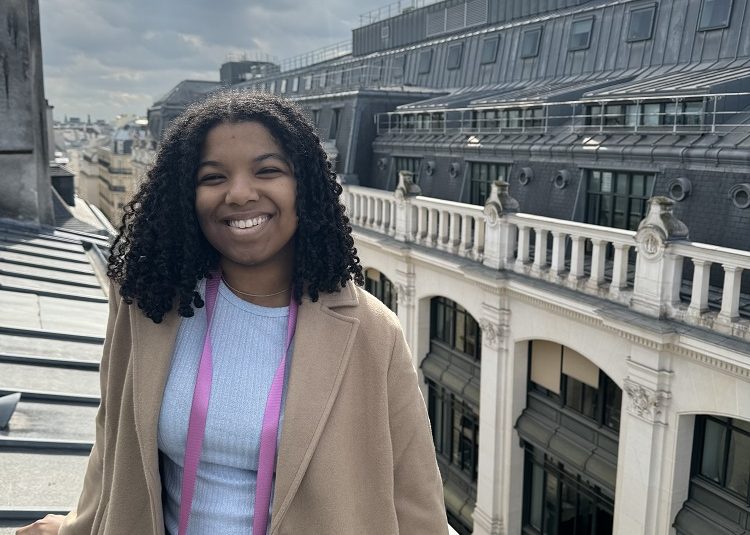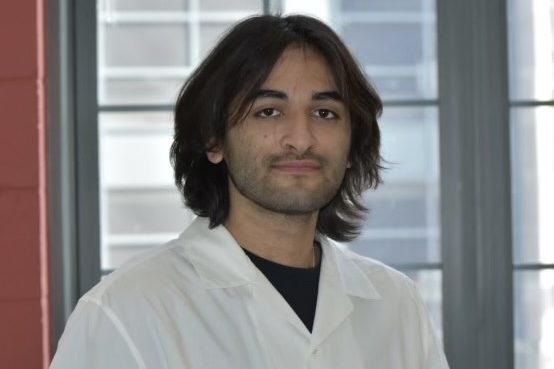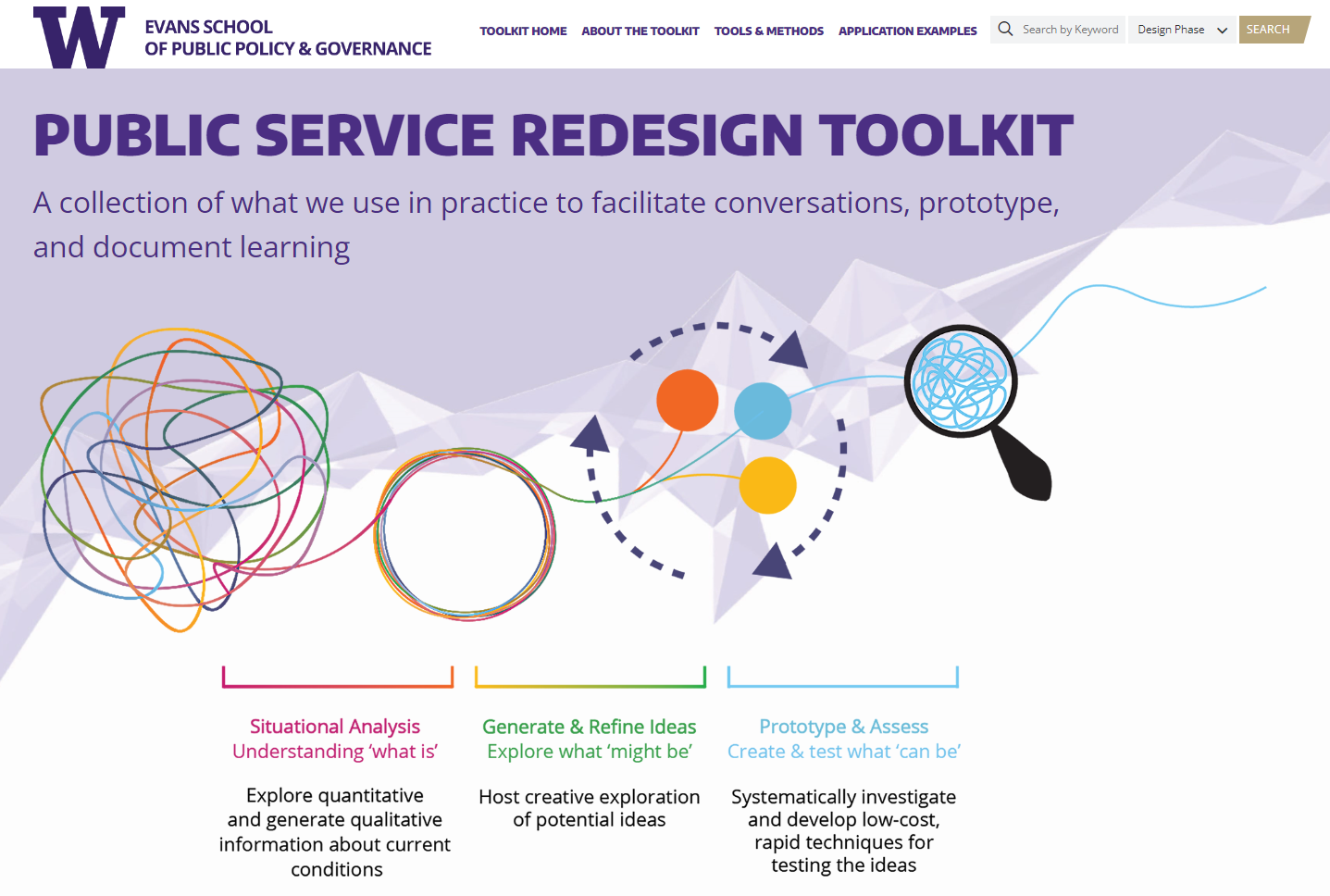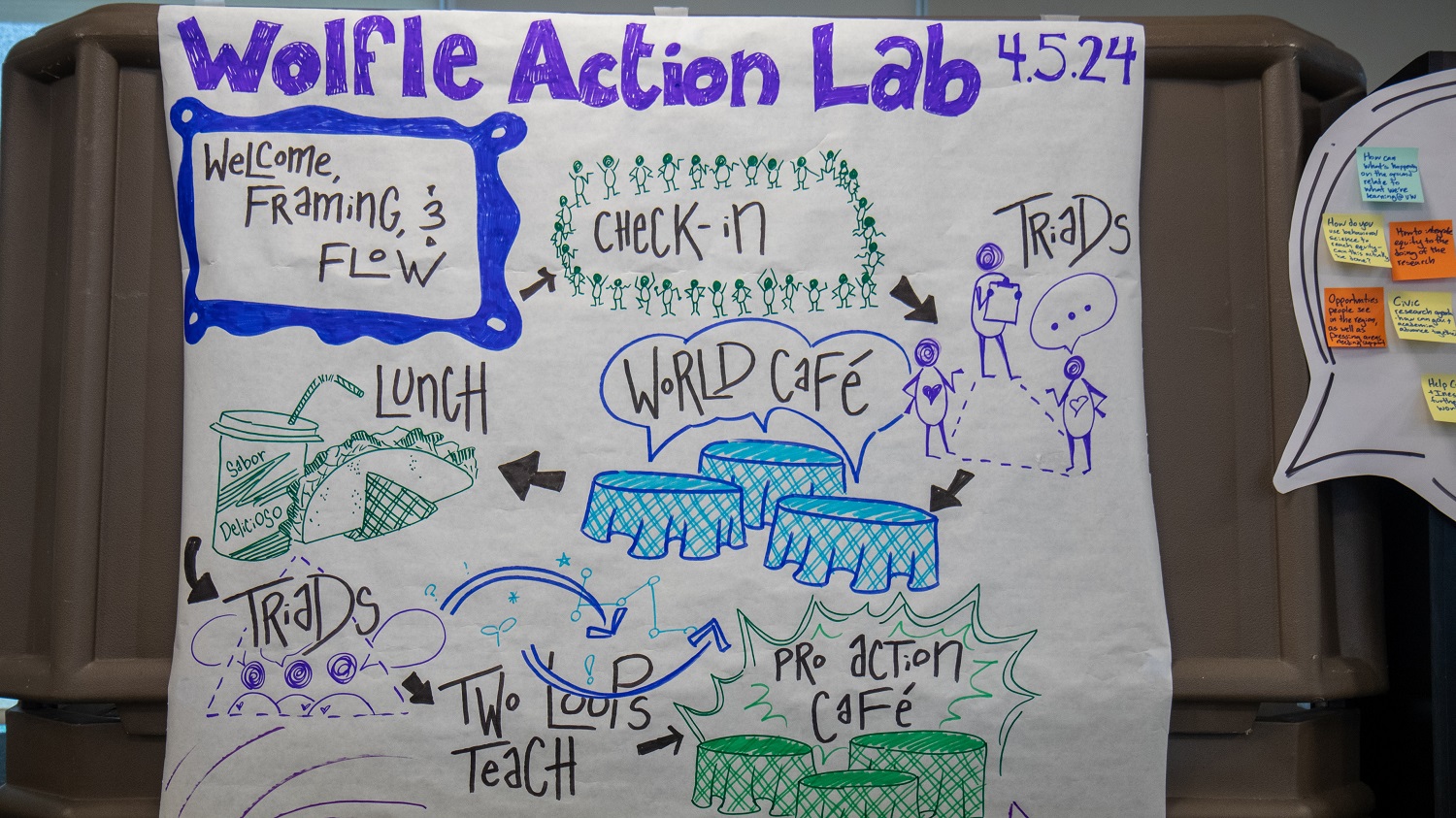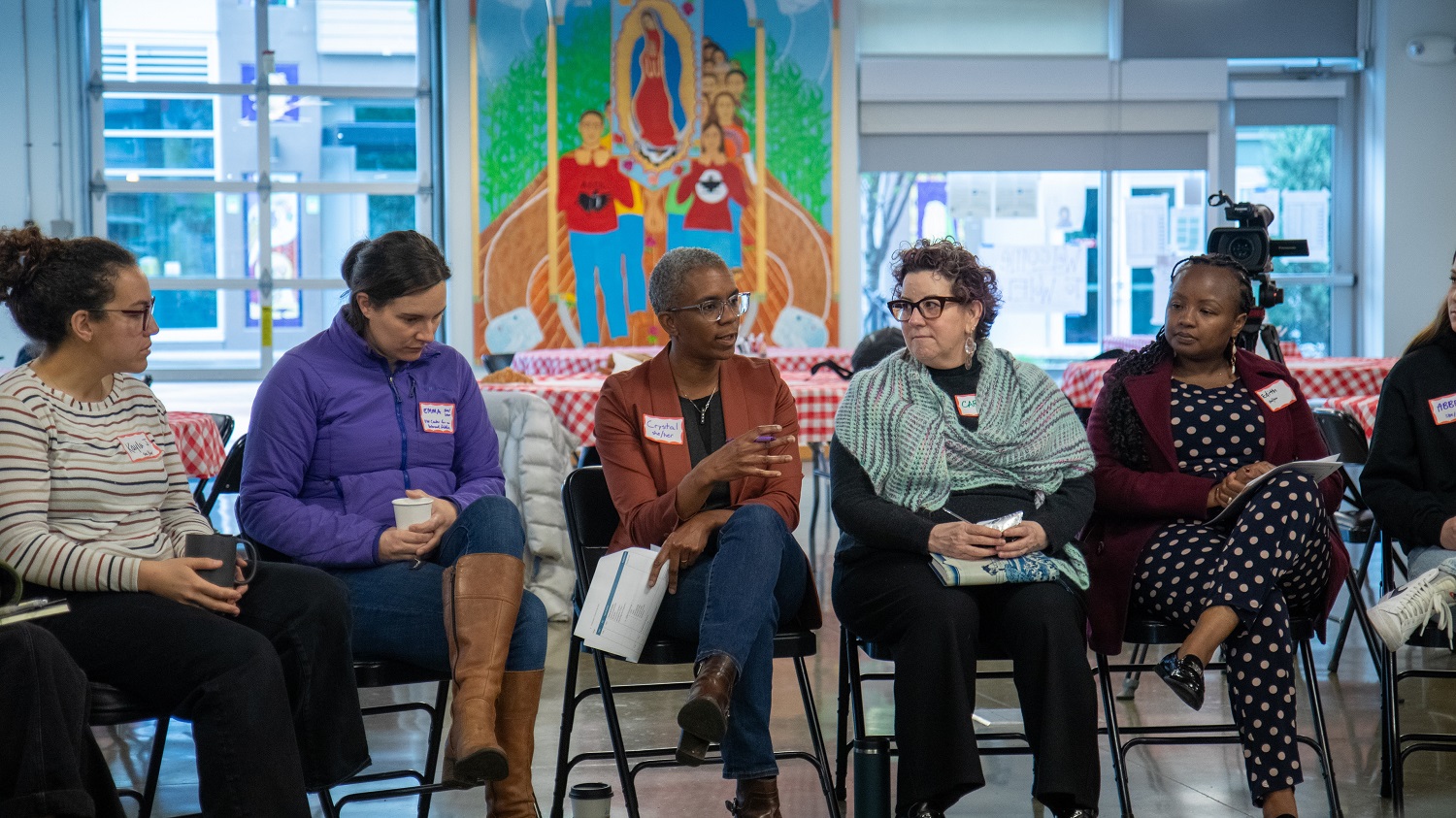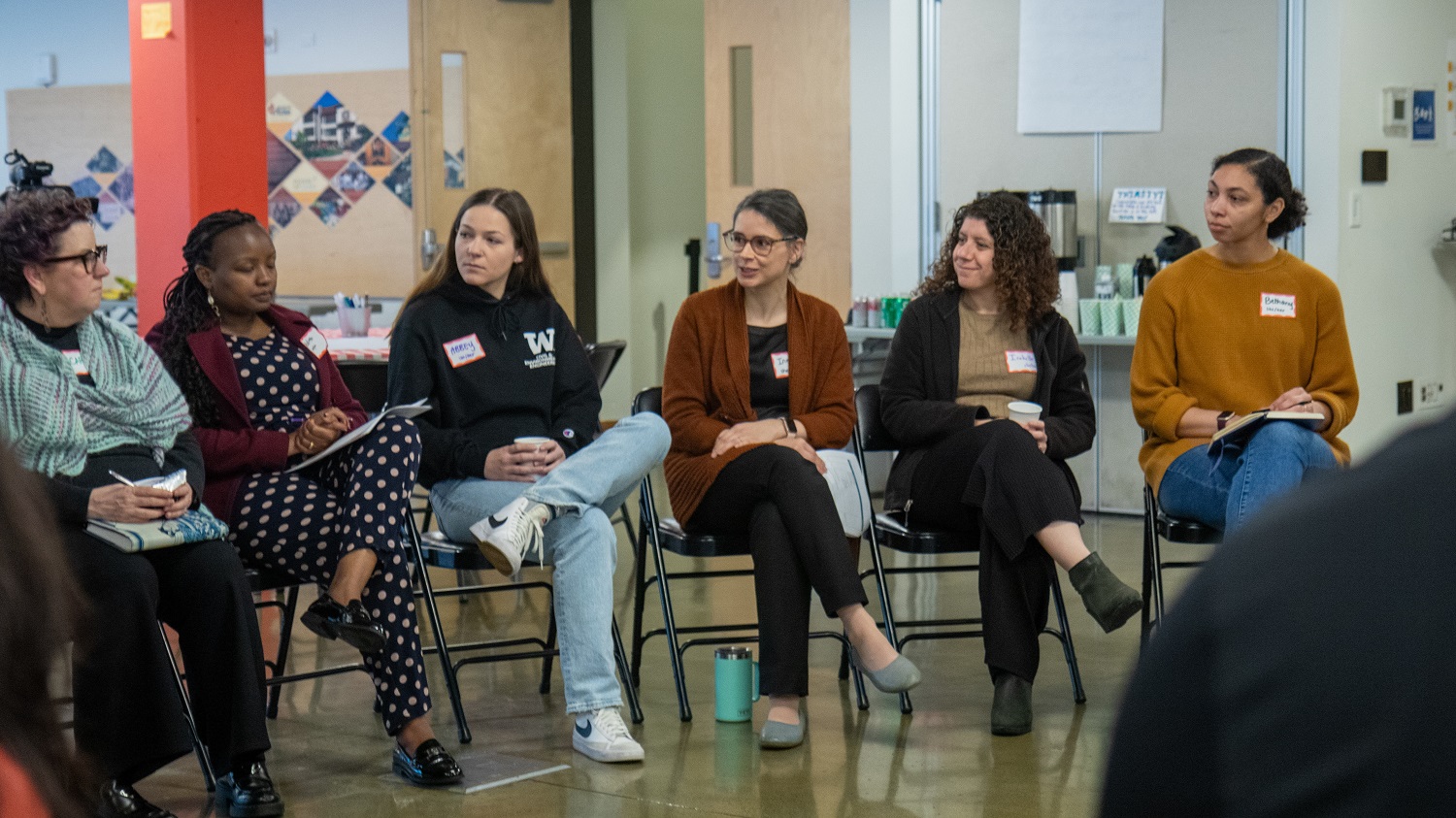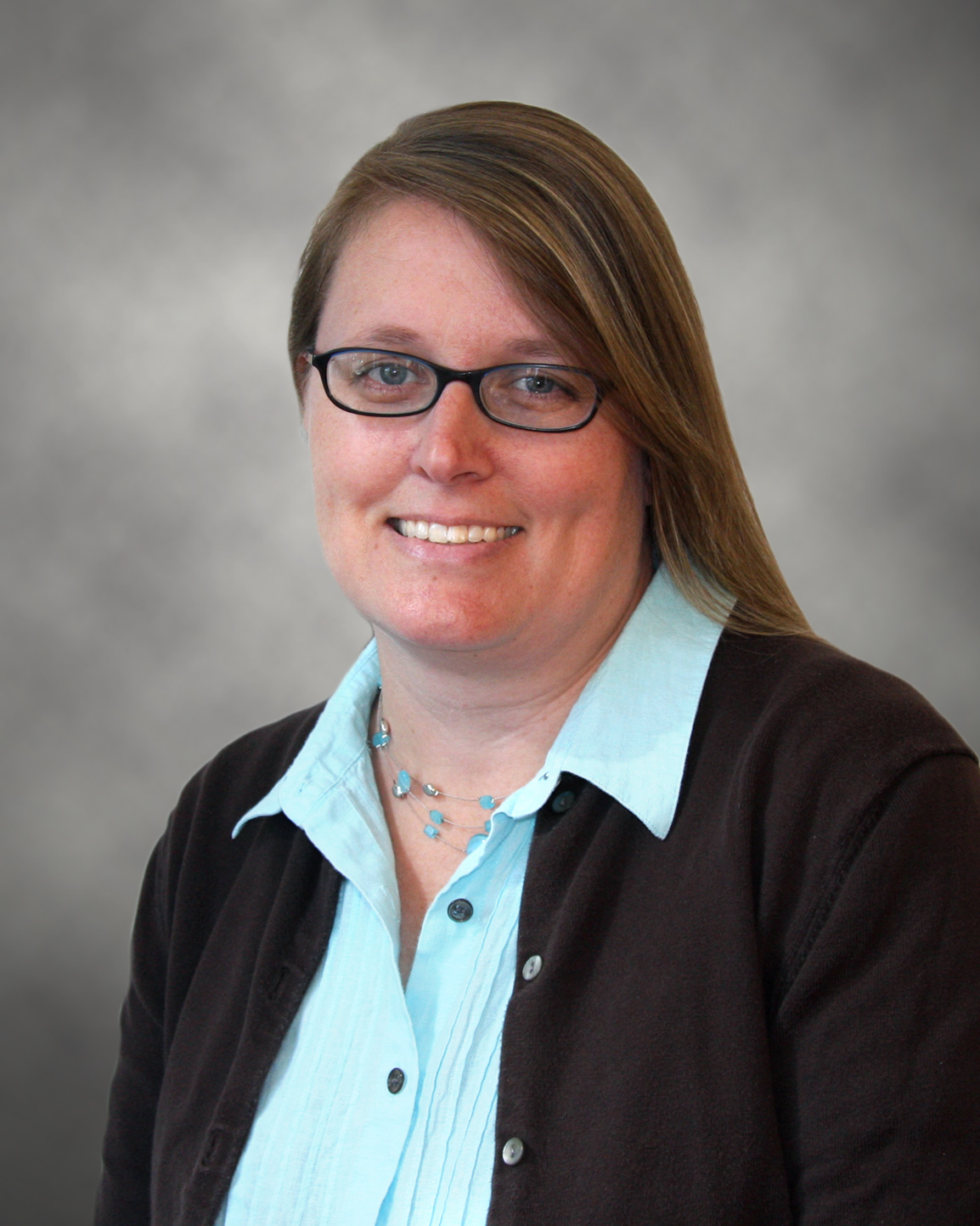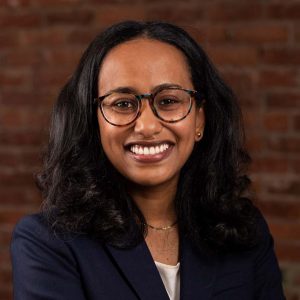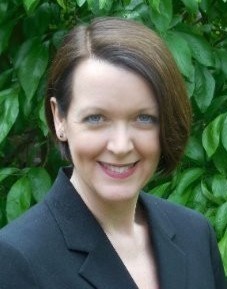
- Pronouns: She/Her
- Hometown: Boston, Massachusetts
- College/University: Boston University
- Major: Political Science
- Track: Residential
Tell us about your story
My name is Nathalie Saladrigas and I am the daughter of Nora and Jose. Both of my parents are immigrants; my mother is from Colombia while my father was from Cuba. They fled from their countries in hopes to find opportunities they lacked in their home countries. I was born and raised in Miami, Florida, the same city in which my parents met. Throughout my years growing up in Miami, I learned about several injustices occurring such as the lack of rights many immigrants had, the inaccessibility to adequate resources for minority communities, and the impact of politics on the lives on marginalized people. After the deportation of my mother when I was six years old, I began to be exposed to the world of politics at a very young age. I was separated from my father and due to the psychological effects that come from separation, my mother decided to send me back to Miami after three years residing in Colombia. My father and I lived in borrowed homes in which he worked at renovating a house in exchange for a place to stay or he would sleep on an air mattress at my grandmothers house so I can sleep on the bed with her. We lived in a state of insecure housing for two years until the return of my mother. Our dinners consisted of frozen dinners and the occasional dining to his favorite restaurant, Latin America. My mother eventually arrived to the country which allowed us to reunite as a family. My father, however, passed away when four years ago due to a sudden heart attack. Through my experience as a child, I was motivated to help others who suffered like I did. I grew up low-income and attended schools that often lacked adequate resources which led me into the world of activism and community organizing. In high school, I engaged in efforts to fund therapists and defund police officers present in our campus. This work in organizing inspired me to work on other issues such as LGBTQ rights, climate justice, racial justice, and education justice. In college I created the first LGBTQ club on my campus in which I led efforts to organize phone banking and canvassing efforts as well as educate students on issues present in Florida politics. Moreover, I worked as a lead organizer with Florida Student Power Network in which I engaged students in politics through education and several political events. Community organizing is vital in making change; therefore, working within these organizations inspired me to do more for my city and the people who reside within it.
What path did you take when you first started college?
I attended a community college in Miami called Miami Dade College and transferred into Boston University after I graduated.
What made you consider a career in public policy/public service/international affairs?
Due to my passion in community organizing and activism I found it fitting to ensure change is made in my community through politics and advocacy. In order to make a change, we must engage people and politics; therefore, it was important for me to immerse myself in public policy to ensure I can do everything to effectively enact change.
Who inspires you to think about public service?
The people back home inspire me. I am inspired by the organizations I worked with and the students within them. I am also inspired from the resilience of my parents, family, and friends and their desire to live in a just society.
What are you most excited about the JSI program at UW?
I am so excited to meet others who are passionate about public policy and learn more about this course of action in enacting real change in our communities. I want to learn how students like me can make a change and encourage others to do so as well!
